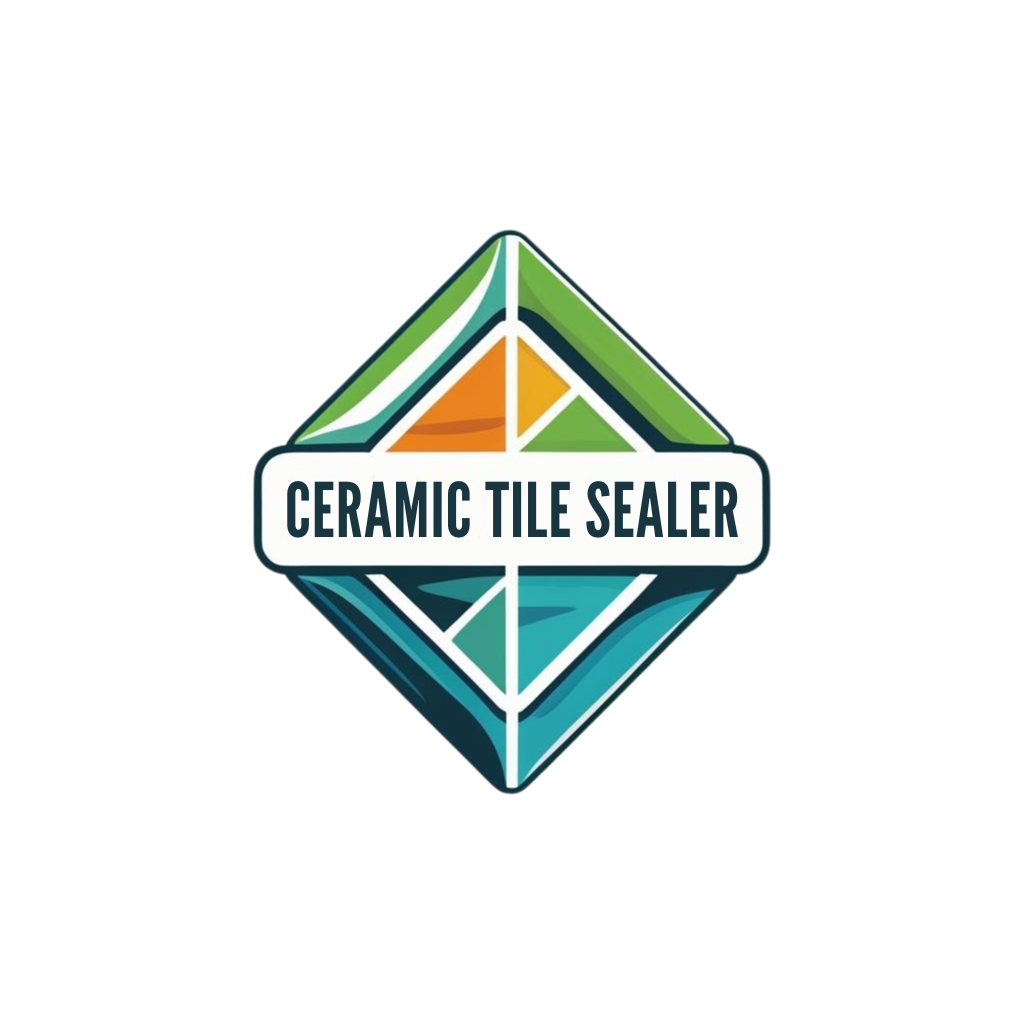Introduction
When it comes to tile installation, grout often plays a supporting role, yet its importance cannot be overstated. Whether you’re revamping your kitchen backsplash, renovating your bathroom floor, or upgrading your outdoor patio, grout is the unsung hero that holds your tiles together and ensures a durable, visually appealing surface. In this article, we’ll delve into the reasons why using grout with tile is essential for a successful project. From structural integrity to aesthetic enhancement, we’ll explore the myriad benefits of incorporating grout into your tile installations.
Quick Tips for Successful Tile Installation
Before we dive into the details, here are some quick tips to keep in mind for a successful tile installation:
- Choose the right type of grout for your project, considering factors such as tile material, application area, and desired aesthetic.
- Ensure proper surface preparation before applying grout to achieve optimal adhesion and longevity.
- Use a high-quality grout sealer to protect your grout lines from stains, moisture, and mildew.
- Regular maintenance, including cleaning and resealing grout as needed, is essential for preserving the beauty and functionality of your tiled surfaces.
The Importance of Grout: Why It’s Essential for Tile Installation
What is Grout?
Grout is a cementitious or epoxy-based material used to fill the gaps, or joints, between tiles during installation. It serves both functional and aesthetic purposes, providing structural support while enhancing the overall appearance of tiled surfaces.
Structural Integrity
One of the primary functions of grout is to provide structural stability to tiled surfaces. By filling the spaces between tiles, grout helps distribute loads evenly and minimizes the risk of tiles shifting or cracking under pressure. This is particularly important in high-traffic areas such as floors and countertops, where tiles are subjected to constant use and stress.
Water Resistance
Properly sealed grout acts as a barrier against moisture infiltration, making it essential for areas prone to water exposure, such as bathrooms, kitchens, and outdoor patios. Without adequate grout protection, water can seep through the joints and penetrate underlying substrates, leading to damage, mold growth, and costly repairs.
Aesthetic Enhancement
In addition to its functional role, grout also contributes to the aesthetic appeal of tiled surfaces. Available in a variety of colors and finishes, grout allows you to customize the look of your tiles and create visual interest. Whether you prefer a seamless blend or contrasting accents, choosing the right grout color can elevate the design of your space and showcase your style.
Maintenance and Longevity
Proper maintenance is key to ensuring the longevity of your tile installation, and grout plays a crucial role in this regard. Regular cleaning and sealing of grout lines help prevent staining, discoloration, and deterioration over time, preserving the beauty and integrity of your tiled surfaces for years to come.
Flexibility and Adaptability
Grout offers flexibility and adaptability to accommodate slight movement and expansion of tiles, especially in areas exposed to temperature fluctuations or structural shifting. This flexibility helps prevent tile damage and ensures a long-lasting, resilient installation.
Health and Hygiene
Maintaining clean and hygienic surfaces is essential for a healthy living environment, and grout plays a significant role in this regard. Properly sealed grout inhibits the growth of mold, mildew, and bacteria, reducing the risk of respiratory issues and other health concerns associated with poor indoor air quality.
Environmental Considerations
For environmentally conscious consumers, there are eco-friendly grout options available that minimize environmental impact without compromising performance or aesthetics. Choosing sustainable grout materials helps reduce your carbon footprint and supports eco-friendly home improvement practices.
Table of Recommended Products:
| Product | Description | Price |
| Grout Sealer | Protects grout lines from stains and moisture | $10 – $30 |
| Grout Cleaner | Removes dirt, grime, and stains from grout lines | $5 – $20 |
| Grout Float | Used for applying and smoothing grout | $10 – $20 |
| Tile Spacers | Ensures uniform spacing between tiles | $5 – $15 |
| Epoxy Grout | Provides superior water resistance and durability | $15 – $50 |
| Sanded Grout | Suitable for wider grout joints and high-traffic areas | $10 – $20 |
| Unsanded Grout | Ideal for narrow grout joints and smooth surfaces | $10 – $20 |
| Professional Installation | Hiring a skilled contractor for expert tile installation | Varies |
Prices are approximate and may vary depending on brand, quality, and quantity.
Conclusion
In conclusion, grout is a fundamental component of tile installation, offering structural support, water resistance, aesthetic enhancement, and other benefits that contribute to the longevity and functionality of tiled surfaces. By understanding the importance of grout and incorporating it into your tile projects, you can achieve beautiful, durable results that stand the test of time.
